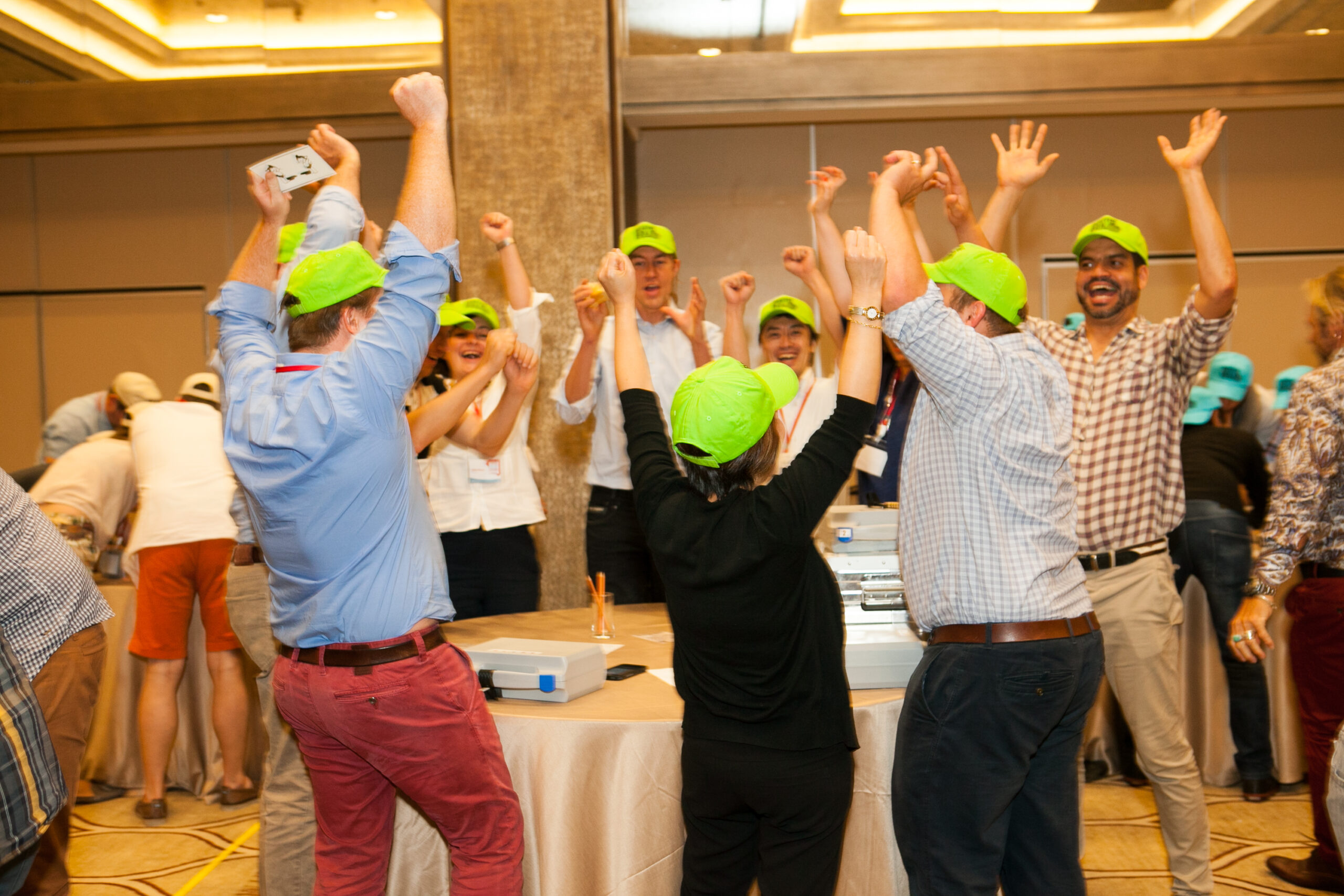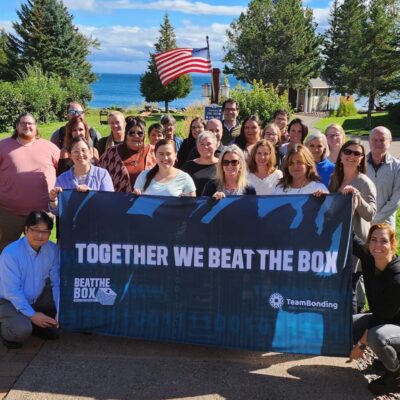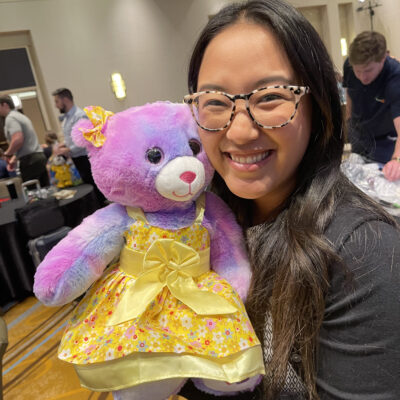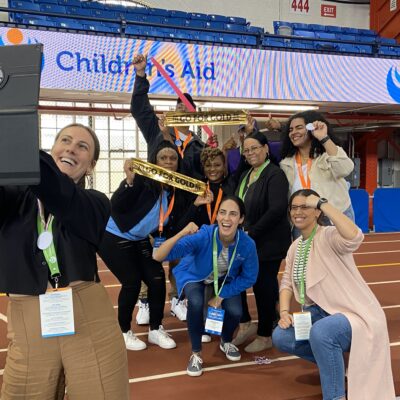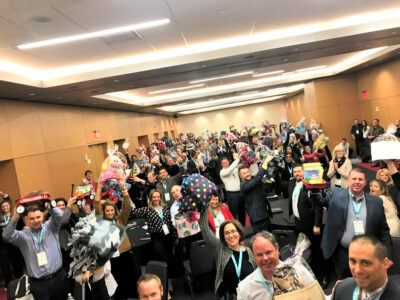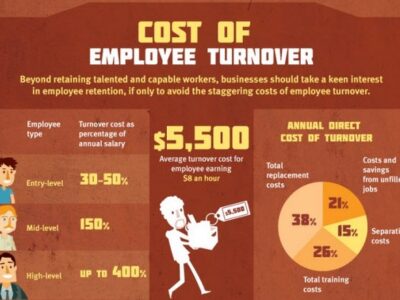Welcome to the world of amazing teamwork, where success is not just a goal but a byproduct of strong relationships and cohesive collaboration. In this blog, we’ll delve into the secrets and key components that make great teamwork possible, highlighting the pivotal role relationships play in fostering a positive and productive team environment.
You’re about to discover practical tips to enhance group dynamics and strengthen interpersonal bonds, empowering your teams for unparalleled success.
Great Teamwork and Its Importance
Great teamwork is more than just a buzzword; it’s the cornerstone of success. It goes beyond individual contributions, emphasizing collaboration, synergy, and a shared vision. At its core, great teamwork is the art of individuals working together seamlessly and leveraging each other’s strengths to create a sum greater than its parts.
Teams are the backbone of any organization. From startups to established enterprises, the ability of a team to function cohesively directly impacts its performance and overall success. Great teamwork not only ensures the efficient completion of tasks but also fosters a workplace culture of innovation, adaptability, and positivity.
Relationships within a team form the foundation upon which collaboration is built. It’s not merely about completing tasks together; it’s about understanding and valuing each team member. Strong relationships breed trust, open communication, and a sense of camaraderie, essential elements for effective teamwork.
Top 5 Secrets of Great Teamwork
Great teamwork doesn’t happen by chance; it’s the result of intentional efforts and a commitment to certain dynamics and characteristics. Let’s explore the secrets of great teamwork that lead to successful group dynamics.
Communication
Effective communication is the lifeblood of any successful team. It involves not only the exchange of information but also active listening and understanding. Encourage an open and transparent communication culture within your team. Foster an environment where everyone feels heard and valued, promoting the free flow of ideas and feedback. Regular team meetings, virtual or in-person, create spaces for collaboration and ensure that everyone is on the same page.
Trust Building
Trust is the glue that holds a team together. Without trust, collaboration becomes challenging, and the overall team dynamic may suffer. Encourage trust-building activities, both inside and outside the workplace. Team building exercises, trust falls, or even casual team lunches can contribute to building personal connections and fostering mutual trust among team members. When individuals trust each other, they are more likely to take risks, share ideas, and support one another in achieving common goals.
Shared Goals and Values
For a team to function cohesively, everyone must be aligned with common goals and values. Clearly define the team’s objectives and ensure that each team member understands their role in achieving these goals. Shared values create a sense of unity and purpose, guiding decision-making processes and actions. Regularly revisit and reassess these goals, adapting them as necessary to reflect the evolving needs of the team and the organization.
Strong Leadership
Amazing teamwork relies heavily on strong leaders who can provide direction, support the team, and mediate when necessary to avoid conflicts and keep the team on track. Without a strong leader, teams can feel lost and directionless – make sure to invest in employees that are people-oriented leaders.
Individual Recognition
Members of great teams cheer each other on! Celebrating successes, acknowledging individual contributions, and showing appreciation keeps morale high and motivates team members to continue contributing their best. This helps members feel included in the group but also like they’re also an important independent contributor.
Nurturing Teamwork and Relationships
Open Communication Channels
In the quest for great teamwork, open communication is not just a point to be made; it’s a continuous effort that defines the team’s culture. Encourage a communication-friendly environment where team members feel empowered to express their thoughts, ideas, and concerns. Utilize digital collaboration tools, regular check-ins, and team-building activities that promote casual interactions. Whether it’s through virtual channels or face-to-face conversations, fostering open communication ensures that information flows seamlessly, reducing misunderstandings and promoting a sense of unity.
Recognition and Appreciation
Nothing fuels team morale like recognition and appreciation. Acknowledging individual and collective achievements creates a positive atmosphere, motivating team members to go above and beyond. Implement regular recognition programs, shoutouts in team meetings, or even a simple ‘thank you’ note to celebrate accomplishments. By acknowledging efforts, you reinforce the idea that each team member’s contribution is valued, fostering a culture of mutual respect and camaraderie.
Constructive Feedback:
Constructive feedback is a cornerstone of growth and improvement. Instead of viewing feedback as criticism, frame it as an opportunity for development. Encourage a culture where feedback is a two-way street, with team members freely sharing insights on how to enhance performance. Regular feedback sessions, both formal and informal, create a culture of continuous improvement. When team members feel their opinions are valued and constructive feedback is given with the intent of growth, it builds a foundation for trust and collaboration.

What Makes Great Teamwork?
There are three key components at the heart of all teams with the best teamwork:
- At the heart of awesome teamwork lies collaboration. It’s the synergy that arises when individuals combine their skills and expertise to achieve common goals. Foster a collaborative environment by encouraging team projects, cross-functional collaboration, and shared responsibilities. Emphasize the value of teamwork over individual accomplishments, showcasing that the collective effort of the team propels everyone towards success.
- Great teamwork recognizes and leverages individual strengths. Encourage team members to understand their unique skills and talents and how they complement the team as a whole. Assign tasks based on individual strengths to maximize efficiency and creativity. By valuing and utilizing the diverse skill set within the team, you create a dynamic and well-rounded collective that can tackle challenges from various perspectives.
- In today’s fast-paced work environment, adaptability is key. Teams that can pivot, innovate, and navigate change seamlessly are better equipped for success. Foster a culture that embraces change, encourages learning from failures, and promotes adaptability. Provide opportunities for skill development, cross-training, and exposure to different aspects of the organization. When teams are adaptable, they can overcome challenges with resilience and stay focused on achieving their goals.
The Role of Relationships in Great Teamwork
Building Strong Interpersonal Bonds
Great teamwork thrives on the foundation of strong interpersonal bonds among team members. When individuals genuinely connect on a personal level, they build trust and understanding, crucial elements for effective collaboration. Encourage team members to share personal anecdotes, hobbies, and interests. Foster an environment where birthdays and milestones are celebrated, creating opportunities for genuine connections to flourish. These personal bonds extend beyond the workplace, creating a sense of unity and camaraderie that enhances team dynamics.
Fostering a Supportive Environment
A supportive environment is essential for teams to thrive. Encourage a culture where team members support each other’s growth and well-being. This goes beyond professional collaboration; it involves an empathetic understanding of personal challenges and triumphs. Implement mentorship programs, where seasoned team members can provide guidance and support to newer members. When individuals feel supported, they are more likely to take risks, share innovative ideas, and contribute wholeheartedly to the team’s success.
Resolving Conflicts Effectively
Conflicts are inevitable in any team, but how they are resolved defines the strength of team relationships. Equip your team with conflict resolution skills, emphasizing open communication and active listening. Create a process for addressing conflicts promptly and constructively, ensuring that disagreements don’t escalate into detrimental issues. When conflicts are handled effectively, they become growth opportunities and strengthened relationships rather than sources of division.
Examples of Amazing Teamwork
There are a few key types of teams that can be geared to unlock great teamwork within your organization:
- Project teams are organized to focus on one main project. You can usually assemble specialists who handle different aspects of the project and ensure that all members are aligned in a mindset of ownership of their work—both individually and as a team.
- Autonomous work teams are organized to handle work—in the short or long term—independently. They’re built with members who know their jobs, work well together, and are goal-oriented.
- Virtual teams are increasingly popular in our post-COVID world. They’re usually similar to autonomous work teams and tend to work well independently while also putting in the effort to remain connected.
Tips for Enhancing Teamwork and Relationships
Team Building Activities
Team building activities are a powerful tool for fostering connections among team members. Consider activities like escape rooms, friendly competitions, or collaborative projects that require collective problem-solving. These activities not only promote teamwork but also provide a fun and relaxed environment for team members to interact outside the confines of their roles.
Training and Development Initiatives
Investing in training and development initiatives not only enhances individual skills but also strengthens team relationships. Offer workshops on communication, emotional intelligence, and conflict resolution. Team members who share a common understanding of these skills can navigate challenges more effectively, contributing to a positive team dynamic.
Encouraging a Positive Work-Life Balance
Recognize the importance of work-life balance in maintaining healthy team relationships. Encourage team members to take breaks, use vacation time, and prioritize self-care. Consider implementing flexible work hours or remote work options to accommodate individual needs. When team members feel supported in achieving a healthy work-life balance, it positively influences their overall well-being and, in turn, contributes to stronger team relationships.
Achieve the Best Teamwork with TeamBonding
The secrets to great teamwork are intricately woven into the fabric of strong relationships and positive team dynamics. As we’ve explored the importance of open communication, trust, collaboration, and adaptability, it’s evident that the success of a team is deeply rooted in the quality of relationships among its members. By fostering a supportive environment, resolving conflicts effectively, and investing in team-building activities, organizations can unlock the full potential of their teams.
At TeamBonding, we understand the transformative power of great teamwork. With over 25 years of experience in crafting corporate events that promote camaraderie and enhance team dynamics, we’re here to help your team build a strong bond. Whether you’re looking for engaging team-building activities or custom training and development initiatives, TeamBonding has the expertise to elevate your team’s collaboration to new heights. Visit our Contact Page to explore how we can tailor our events to meet your unique needs and browse our main event category page for a glimpse into the exciting possibilities that await your team. Empower your team for unparalleled success – because great teamwork starts with great relationships!

